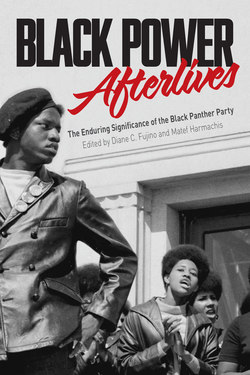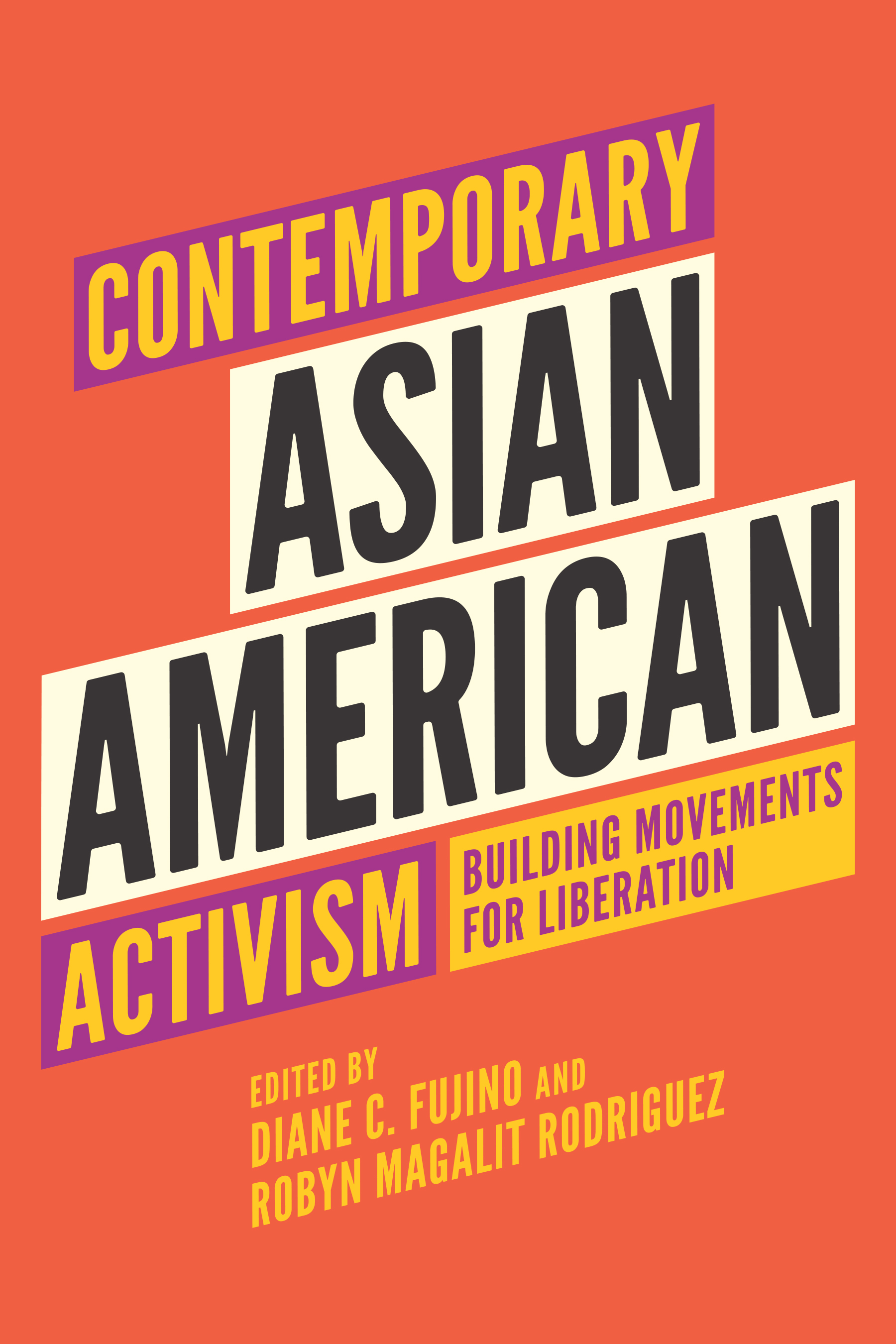
Specialization:
Ph.D., University of California, Los Angeles
Asian American social movement history, Japanese American radical history 1940s-1970s, Black Power studies and the Black Radical Tradition, Afro-Asian solidarities, political history, activist-scholarship research and pedagogies.
Bio:
Publications:
Books
Contemporary Asian American Activism: Building Movements for Liberation (University of Washington Press, 2022), as co-editor
Nisei Radicals: The Feminist Poetics and Transformative Ministry of Mitsuye Yamada and Michael Yasutake (University of Washington Press, 2020).
Black Power Afterlives: The Enduring Significance of the Black Panther Party (Chicago: Haymarket Press, 2020), as co-editor.
Samurai among Panthers: Richard Aoki on Race, Resistance, and a Paradoxical Life (Minneapolis: University of Minnesota Press, 2012).
Wicked Theory, Naked Practice: A Fred Ho Reader, (Minneapolis: University of Minnesota Press, 2009), as editor
Heartbeat of Struggle: The Revolutionary Practice of Yuri Kochiyama (Minneapolis: U of Minnesota Press, 2005).
Editorial Board, Legacy to Liberation: Politics and Culture of Revolutionary Asian Pacific America, edited by Fred Ho, with Carolyn Antonio, Diane Fujino and Steve Yip (San Francisco: AK Press, 2000).







Amerasia Journal: Special Issue
“Asian American and Pacific Islander Activism: Commemorating 50 Years of Asian American Studies,” Amerasia Journal, 45 (2019). Guest Editors Diane C. Fujino and Robyn Rodriguez
This special issue focuses new attention on research studies of Asian American activism. With this issue, Diane Fujino and Robyn Rodriquez help to make legible Asian American activism studies. In Part I on immigration studies, Monisha Das Gupta examines the political pedagogy of Khmer Girls in Action, Elizabeth Rubio asks “What does immigration justice work look like when legalization is not its central goal?”, and Wendy Cheng studies the transnational activism of Taiwanese student immigrants. In Part II on gender and sexuality studies, Karen Hanna examines how radical motherwork intersects with the transnational activism of Filipina women in Chicago, and Kong Phen Pha examines the complicated activism of queer Hmong Americans in Minnesota. In Part III on Black-Asian politics, Jeanelle Hope and May Fu et al explore Asian American solidarities with Black Lives Matter, while Yuanyuan Feng and Mark Tseng-Putterman examine the uses of social media to mobilize the Chinese right, relying on “colorblind” race rhetoric, while claiming a struggle for racial equality. Altogether, this special issue presents cutting edge research on Asian American activism.
Academic Articles and Book Chapters (Select)
“Political Asian America: Afro-Asian Solidarity, Third World Internationalism, and the Origins of the Asian American Movement,” Ethnic Studies Review 47 (2024): 60-97
“Rhizomatic Organizing, Collective leadership and Community-centered Pedagogy in the Early Asian American Movement,” Journal of American Studies, September 2024, open access.
“Circles of Organizing: Collective Leadership, Social Relations, and Intergenerational Activism in Ethnic Studies Now! Santa Barbara,” Kalfou: A Journal of Comparative and Relational Ethnic Studies 6 (2019): 73-86.
“The Indivisibility of Freedom: The Nisei Progressives, Deep Solidarities, and Cold War Alternatives,” Journal of Asian American Studies, 21 (2018): 171-208.
“Cold War Activism and Japanese American Exceptionalism: Contested Solidarities and Decolonial Alternatives to Freedom,” Pacific Historical Review, 87 (2018): 264-304.
“A Transformative Pedagogy for a Decolonial World,” The Review of Education, Pedagogy, and Cultural Studies 40 (2018): 69-95, by Diane C. Fujino, Jonathan D. Gomez, Esther Lezra, George Lipsitz, Jordan Mitchell, and James Fonseca.
“Writing against the Grain: Biography, History, and the Long Freedom Movements,” American Quarterly 69 (Dec 2017): 935-945.
“Taking Risks, or the Question of Palestine Solidarity and Asian American Studies,” American Quarterly 67 (2015): 1027-1037, with Junaid Rana.
“Grassroots Leadership and Afro-Asian Solidarities: Yuri Kochiyama’s Humanizing Radicalism,” in Want to Start a Revolution: Radical Women in the Black Freedom Struggle, ed. Dayo F. Gore, Jeanne Theoharis, and Komozi Woodard (New York: New York University Press, 2009).
“Who Studies the Asian American Movement?: A Historiographical Analysis,” Journal of Asian American Studies 11 (2008): 127-169.